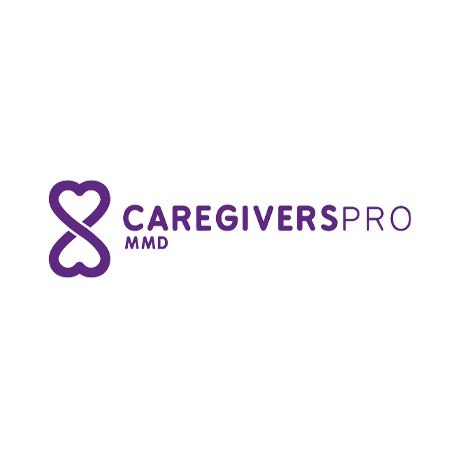Description
CAREGIVERSPRO-MMD was a Research and Innovation project aimed at creating an mHealth application for patients with mild mental disorder (MMD) and their caregivers that provides value-added services, based on social networks, tailored interventions, clinical strategies and gamification, in order to improve quality of life, well-being and medication compliance both for patients and caregivers. To achieve its objectives, the CAREGIVERSPRO-MMD consortium set off to:
- Define Social and clinical screening services and educational intervention strategies for patients and caregivers and extend and adapt an existing platform to integrate the new features and contents and to enhance its usability for patients (with cognitive impairment or mild dementia), caregivers and doctors.
- Develop and enhance social network services, treatment adherence services for both patients and caregivers, clinical and social reports services and gamification strategies to motivate end-users to use the platform.
- Carry out a usability study of the new version of CAREGIVERSPRO-MMD platform with focus groups and small-scale patient trials.
- Organise an 18-month piloting phase with 600 dyads (patients and caregivers) in Italy, Spain, UK and France to collect data and feedback from end-users and update the CAREGIVERSPRO-MMD platform accordingly, to improve the effects of the platform on the users’ health and well-being.
- Analyse business exploitation perspectives of CAREGIVERSPRO-MMD and prepare the ground for its pan-European commercial roll-out.
Some of the substantial social and financial benefits expected by the use of CAREGIVERSPRO-MMD are:
- Personalised care plans and changes monitoring, allowing for fast adjustment.
- Continuous and easy monitoring of patients, reducing necessary time spent. Support by professionals to manage carer’s well-being. Reduced stress and burn-out phenomena.
- Reduced time spent by professionals on administration, including data collection on patients and caregivers well-being. Decision support for treatment options.
- Better understanding on elderly user evolution, behavioural changes and social participation. Intervention that facilitates monitoring, interaction and patient engagement in society.
- Reduced hospitalisations of patients and caregivers and delayed need for patients to enter care homes.
Q-PLAN responsibilities
- Leader of dissemination and communication activities
- Leader of exploitation and business planning activities
- Support screening & interventions contents
- Support platform enhancement and design adaptation
- Support IT development and integration
- Support pilot preparation, operation and data evaluation
